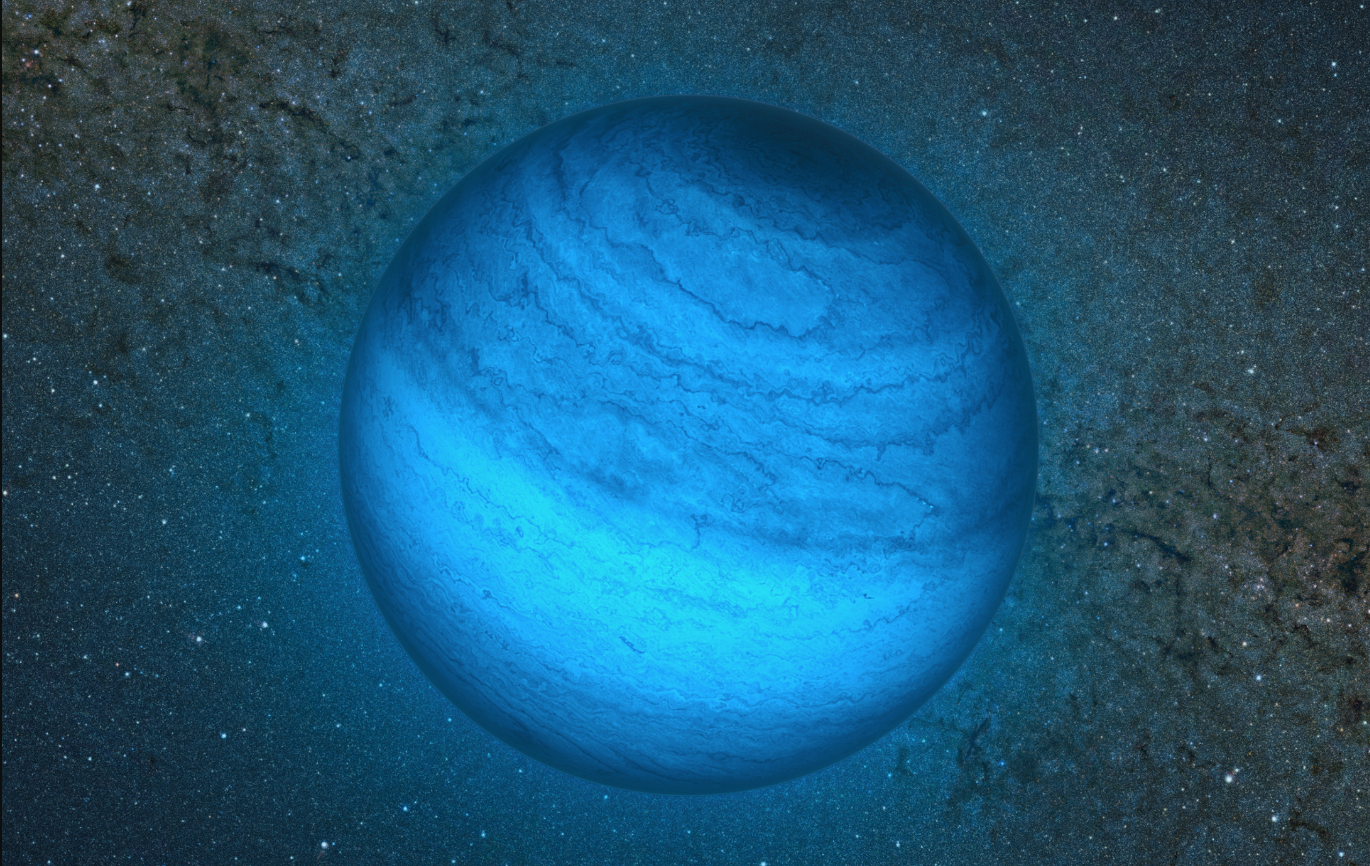Science & Tech
Scientists Discover Possible Signs of Alien Life on Venus
Scientists believe that they may have detected signs of alien life on Venus, after spotting a compound that is produced when organic matter breaks down.

(TMU) – Scientists believe that they may have detected signs of alien life on the planet Venus, after spotting phosphine, a compound that is produced when organic matter breaks down.
The levels of phosphine on the planet are so high that they cannot be explained by any other known process.
The discoveries were reported in a new article published this week in Nature Astronomy, by an international team of researchers led by Jane Greaves from Cardiff University.
Humans have discovered how to create phosphine through industrial processes, but in nature, it is only known to be caused by anaerobic organisms like bacteria and microbes.
Since the compound is so closely connected with organic life, scientists see it as a “biosignature”, or indication that life is present.
Still, it is unlikely that intelligent life would be able to exist on the planet because the surface is so hot and acidic, although some researchers have speculated that species on different planets could have a vastly different chemical composition than those found here on earth, which could make some environments more habitable.
The life that might exist on venus is likely a variety of microorganisms that can survive in the planet’s upper cloud decks, which researchers believe is more habitable than the surface, but very little is known about what type of life could exist there, or where it might be.
In their report, the researchers admit that the presence of this compound “is not robust evidence for life, only for anomalous and unexplained chemistry”, and that further study is needed to confirm their theories.
“Either phosphine is produced by some sort of chemical or geological process that no-one knows about – or there could be a biological reason,” Emily Drabek-Maunder, an astrophysicist from the Royal Observatory Greenwich and one of the paper’s authors told the Independent.
“Our study isn’t conclusive that this is evidence of life. However, what is exciting about it is that we’ve found this rare gas in the upper atmosphere of Venus. Our team can’t explain the amount of phosphine that we’ve found, through our current understanding of the planet. When we try to model what’s happening in the atmosphere – volcanic activity, sunlight, or even lightning – nothing recreates the amount of phosphine gas that we’ve seen,” she added.
Still, the report has caused genuine excitement in the scientific community, and it actually happened by accident.
The discovery was made while the researchers were checking for levels of different compounds on venus to establish a baseline.
They weren’t actually expecting to find any phosphine there, but when they did find some in their initial studies they decided to research the situation further.
“We had no expectation there was actually going to be any there,” said David Clements, a scientist at Imperial College London who was also an author on the paper.
“It turned from a ‘let’s try this, it’s an interesting problem, and we can set some parameters for what needs to be done’, into ‘my goodness, we’ve found it, what on Earth does that mean?’” he added.
Cardiff University – Hints of Life on Venus
An international team of astronomers, led by Professor Jane Greaves of Cardiff University, has discovered phosphine in the clouds of Venus. The detection of phosphine molecules could point to extra-terrestrial ‘aerial’ life. #VenusNews Professor Jane Greaves explains the new discovery, led by Cardiff University
Posted by Cardiff University on Monday, September 14, 2020
Typos, corrections and/or news tips? Email us at Contact@TheMindUnleashed.com
